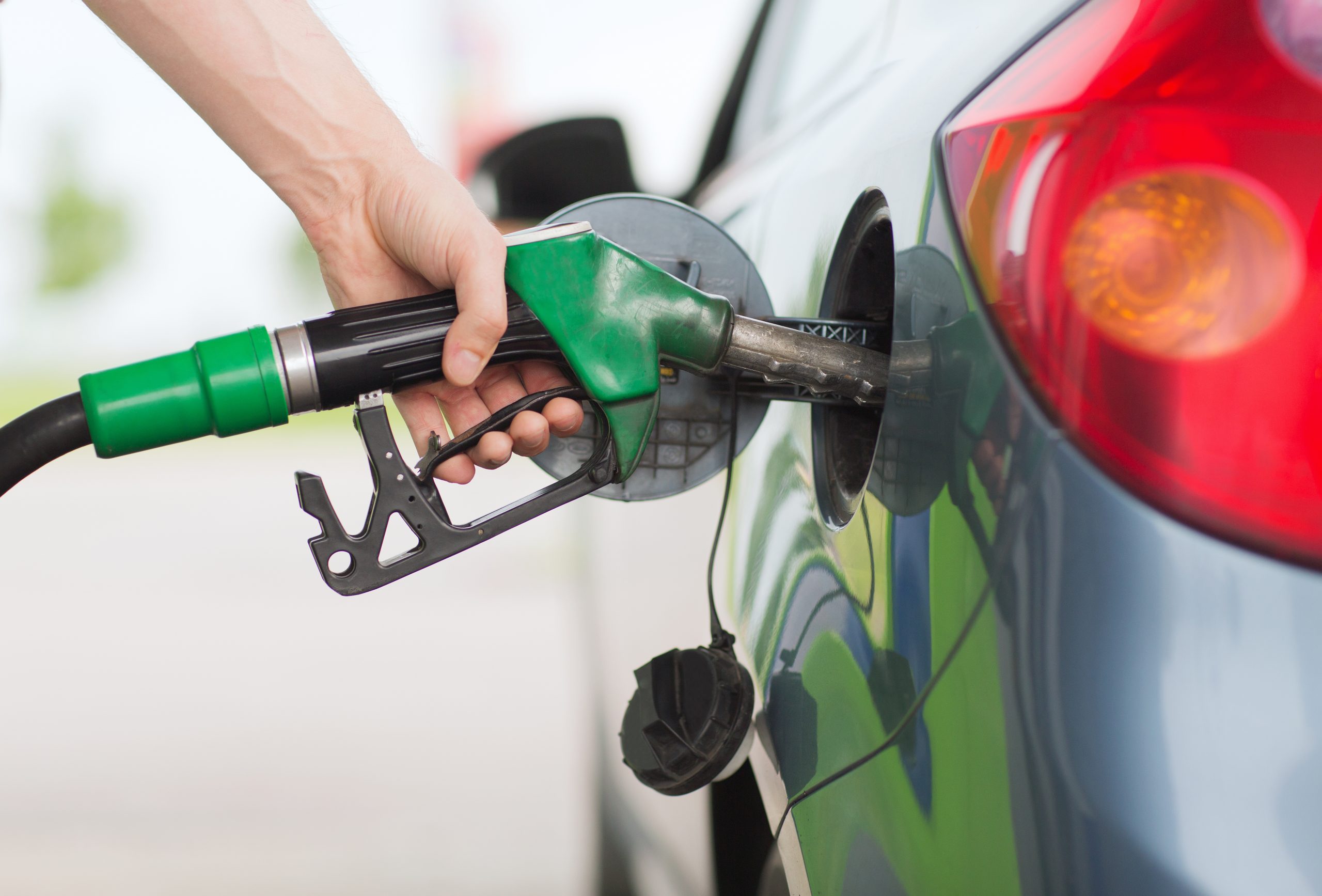Household Bills
Motorists see fuel costs soar while EV drivers enjoy stable charging prices

Drivers of non-electric vehicles have seen prices for fuel jump 4.25% since July, according to data from a motoring service.
In July, the cost to drive a ‘typical small petrol car’ rose to 14.4p per mile, compared to the previous month of 13.85p per mile.
The average price of petrol jumped up 6.19 pence per litre (ppl) in August.
This rise is due to a decision by the Organisation of the Petroleum Exporting Countries (OPEC) to increase the price per barrel by $15 from $75 per barrel to over $90 and the AA believe that rise is set to continue through September.
However, electric vehicle (EV) drivers experienced better price news, as the cost to charge their vehicles generally stabilised, meaning it’s cheaper by the mile to charge an EV the fastest way compared to filling up a vehicle with petrol or diesel.
Charging prices have ‘more uniformity’ than fuel costs
People who charge their battery-powered vehicle at the kerbside of their homes experienced a 3p/kWh fall in average peak charging costs, although off-peak charging went up 5p. Prices fell by 1p in other peak/off-peak and flat rate charging bands, particularly for the fastest recharging speed too.
Jack Cousens, head of roads policy for the AA, said: “Stability in electricity prices showcases the benefits of EVs when compared to the ‘rocket and feather’ approach for fuel pricing.
“As well as limited movement in the price paid at the device, unlike fuel there is more uniformity in the cost drivers pay wherever where[ever] they plug in, be it Padstow, Pontypool or Perth.”
The ‘rockets and feathers’ system for fuel pricing is formally described as ‘asymmetric price transmission’, which is when fuel prices increase as wholesale costs rise but take longer to fall when costs go down.
Cousens continued: “As more drivers and businesses make the switch to electric, many may look back at their days owning a petrol or diesel car and wonder why chargepoint companies can keep costs consistent across the UK but the fuel trade can’t.”
Indeed, many motorists are taking advantage of the running cost of electric cars and sales of them have skyrocketed recently. In July, an EV was purchased every 60 seconds in the UK, an increase of 87.9% compared to last year.